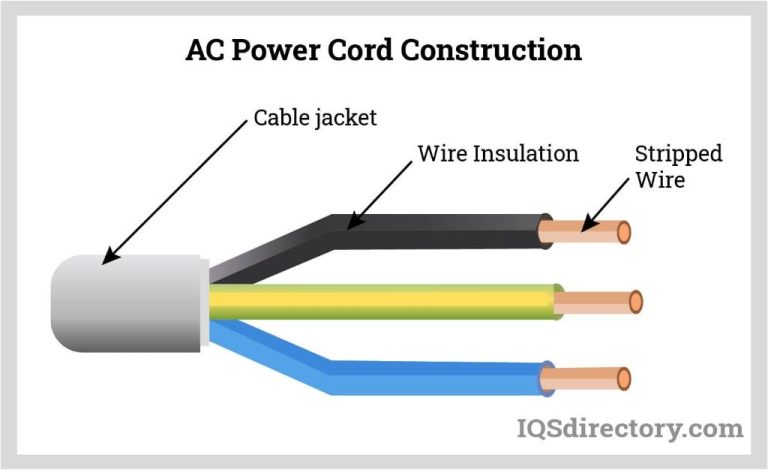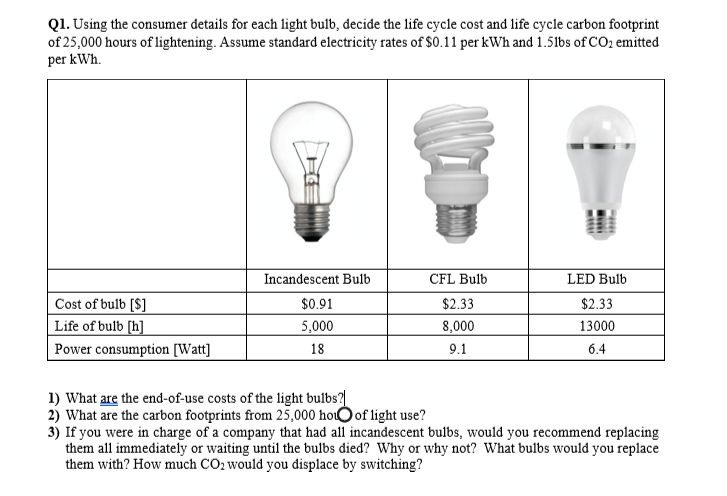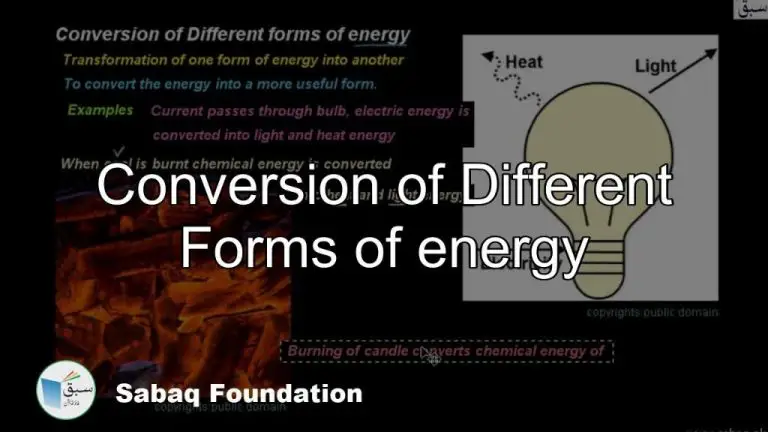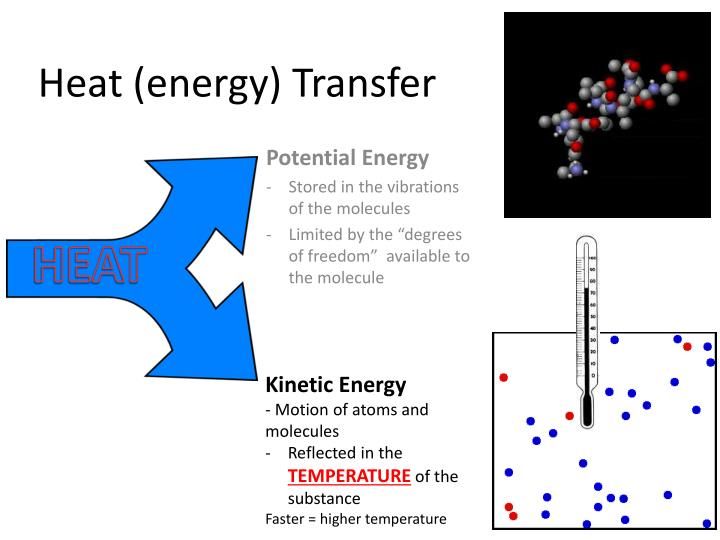Why Is Reducing Waste Important?
The Environmental Benefits of Reducing Waste
Reducing the amount of waste we generate provides significant benefits for the environment. Less waste means less pollution and environmental degradation from waste disposal. When we throw away less trash and divert more material from landfills, we reduce the need for incineration and landfilling. Burning trash emits toxic air pollutants, while landfills release methane, a potent greenhouse gas. Diverting organic waste from landfills also reduces methane emissions. Overall, minimizing waste reduces the strain on waste disposal systems and their impacts.
Reducing waste also conserves natural resources and energy. Manufacturing new products requires extracting and processing raw materials, as well as energy for production and transportation. When we reuse items instead of discarding them or buy products with recycled content, it reduces the demand for virgin resources. This preserves precious resources like trees, water, minerals, and fossil fuels. It also avoids the habitat destruction, pollution, and greenhouse gas emissions associated with resource extraction and processing. Simply by reducing waste, we spare ecosystems and lower environmental impacts.
The Economic Benefits
Waste reduction provides significant economic benefits for both individuals and businesses. By reducing the amount of waste generated, money is saved on disposal costs. Businesses that implement waste reduction strategies spend less on garbage collection services and waste management fees. Households can also benefit financially by reducing food waste, unnecessary purchases, and general material consumption. There are direct cost savings associated with throwing away less.
Waste reduction also boosts productivity and efficiency. Manufacturing processes that minimize waste tend to be more streamlined and cost-effective. The less raw materials are discarded during production, the greater the savings. Businesses can reinvest these savings into growth and innovation. Similarly, households experience greater efficiency when they cut down on consumption and single-use products. The economic incentives of going zero-waste are clear.
In summary, reducing waste has monetary benefits for both businesses and consumers. Less waste means lower disposal costs and a reduced need to purchase new materials. It also improves productivity and efficiency. Waste reduction saves money.
Societal Benefits
Reducing waste leads to cleaner and healthier communities. When less trash is generated, there is less pollution and contamination from waste facilities and landfills. This benefits public health, especially for those living near disposal sites. Less waste means safer recreation areas, cleaner streets, and an overall more pleasant community.
Waste reduction also creates jobs and opportunities in reuse, recycling, and innovative waste management. Expanding zero waste efforts takes manpower for education, collection, processing, and more. These green jobs promote sustainability while stimulating the local economy. Citizens feel more pride in their environmentally-conscious hometowns.
Reduce Reliance on Landfills
Landfill space is limited. As our population grows and consumption rates rise, the amount of waste needing disposal increases. Landfilling trash takes up significant land area that could otherwise be used for more beneficial purposes. Once landfills reach capacity, new sites must be found to handle additional waste. However, finding new landfill locations becomes increasingly difficult as open land near urban areas diminishes.
Reducing the amount of trash produced extends the usable lifespan of existing landfills. Some experts estimate that the average landfill will be full in about 20 years at current waste levels. Decreasing waste generation by reusing, recycling and composting materials enables landfills to operate longer before capping off. This saves communities the economic and environmental costs of siting and constructing new landfills.
Conserve Natural Resources
Reducing waste decreases the extraction and use of new raw materials. It protects forests, water, and biodiversity. When we reuse and recycle, we reduce the demand for extracting, refining, transporting, and processing raw materials. Plastics come from fossil fuels. Paper comes from trees. Metals come from mining. The less we waste, the fewer natural resources we need to take from the earth.

By reducing waste, we can help protect pristine forests from being logged for wood, paper, and other products. We can reduce water usage and pollution from material processing. And we can preserve ecosystems and biodiversity by extracting fewer raw materials. Producing new materials has major consequences on habitats and wildlife.
Our planet has finite resources that are rapidly being depleted. Reducing waste allows us to conserve these precious natural resources for current and future generations. We all have a shared responsibility to be good stewards of the environment. Cutting down on waste is one impactful way we can fulfill that responsibility.
Save Energy
Reusing and recycling materials is more energy efficient than creating items from scratch. Making products from raw materials requires significant energy for extraction, processing, and manufacturing. For example, recycling aluminum cans uses 95% less energy than producing aluminum from bauxite ore. With recycled materials already processed, reused items skip energy-intensive steps in new production. Less waste going to landfills also conserves energy that would be used for waste collection and disposal.
As energy demands rise globally, reducing waste through recycling and reuse lessens the burden on power grids and natural resources. Countries can also become more energy independent by relying less on raw material imports. On an individual level, we save money on utility bills when less energy is needed to manufacture the products we use. Overall, minimizing waste leads to smarter energy usage and conservation of precious resources.
Reduce Pollution
Reducing waste can substantially lower pollution in our air, water, and land from multiple sources. First, waste disposal itself is a major source of pollution. Landfills can contaminate groundwater and release methane, a potent greenhouse gas. Incinerating waste also generates air pollutants like dioxins and furans. Diverting waste from landfills and incinerators through recycling, composting, and waste prevention reduces these impacts.
Second, manufacturing new products from raw materials requires energy and creates pollution. By reusing existing materials rather than constantly extracting new ones, we lower emissions from mining, harvesting, refining, and industrial production. Each item produced with recycled inputs rather than virgin materials has a reduced environmental footprint.
Third, reducing waste decreases the need to transport materials long distances for disposal. This leads to lower air pollution from waste collection vehicles and greenhouse gas emissions from the transportation sector. In summary, cutting down on waste through the 3Rs – reduce, reuse, recycle – provides widespread pollution reduction benefits across our environment.
Combat Climate Change
Reducing waste is one of the most impactful ways to combat climate change. Landfills are a major source of greenhouse gas emissions, releasing methane as organic waste decomposes. Transportation of waste to landfills also contributes emissions from trucks and heavy machinery. When we reduce waste, less gets sent to landfills, resulting in lower methane emissions.
Furthermore, manufacturing new products requires energy and emits greenhouse gases. The more waste we produce, the more new items need to be made to replace what’s been discarded. But reducing waste means we can make better use of existing materials and products, requiring less new manufacturing. This leads to lowered emissions from energy production and industrial processes.
Studies show that effective waste reduction strategies could achieve greenhouse gas emission cuts comparable to eliminating the use of cars worldwide. Just by being more mindful of what we buy and throw away, individuals can make a significant difference in the fight against climate change.
Improve Sustainability
Waste reduction is a key aspect of environmental sustainability. It helps preserve resources for current and future generations. The more waste we produce, the more natural resources we consume. Eventually we could deplete essential resources like metals, minerals, timber, and fossil fuels if current high consumption and waste levels continue unchecked.
By reducing waste now through recycling, reusing items, and cutting unnecessary consumption, we help ensure adequate resources remain available for future generations. This reduces their need to extract more resources in the future and preserves biodiversity.
Waste reduction also contributes to environmental sustainability by conserving energy and water. Producing new items from raw materials requires substantially more energy and water than reusing existing materials or products. Less waste means less energy used for resource extraction, manufacturing, and transportation of goods.
In summary, cutting waste through efficient resource use and responsible consumption improves sustainability for current and future generations. It protects natural ecosystems while meeting present needs through smarter production and consumption rather than endless economic growth and resource depletion.
Take Personal Responsibility
Everyone can make a difference through changes like reducing food waste, recycling, and choosing reusable products. Small actions add up. For example, buying products with minimal packaging reduces waste. Planning meals and freezing leftovers prevents throwing away uneaten food. Many municipal recycling programs accept paper, plastics, metals, and glass. Sorting recyclables at home diverts tons of waste from landfills. Purchasing reusable versions of disposable items, like water bottles and shopping bags, cuts down on single-use throwaways. Buying used goods extends the lifecycle of items already in circulation. Even donating used clothes and household items prevents unnecessary waste. With some creativity and effort, each person can implement small but impactful steps in their daily life. Over time, these choices make a measurable difference in reducing overall waste and improving sustainability.







